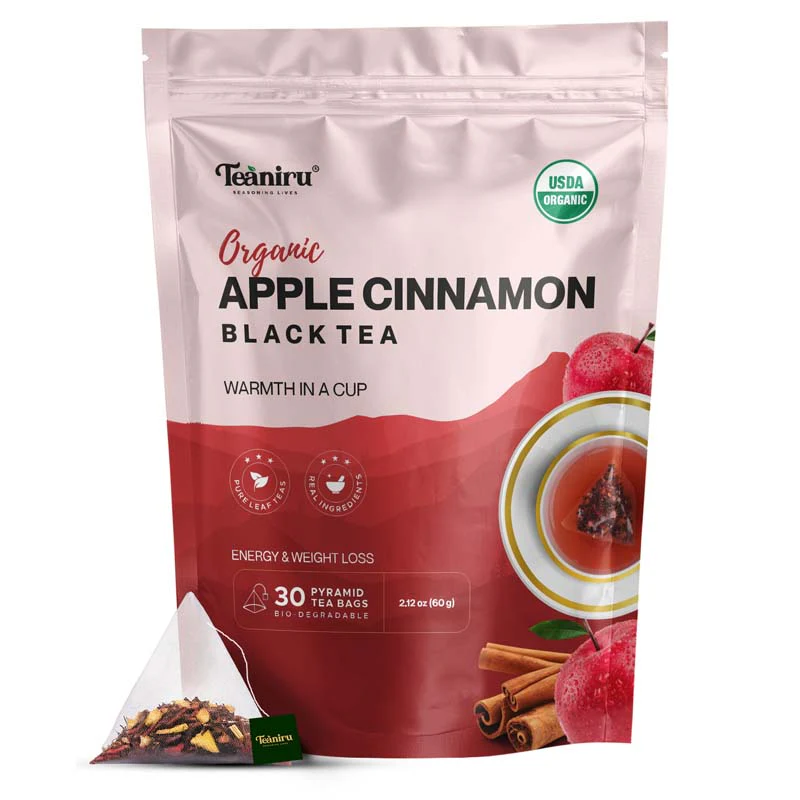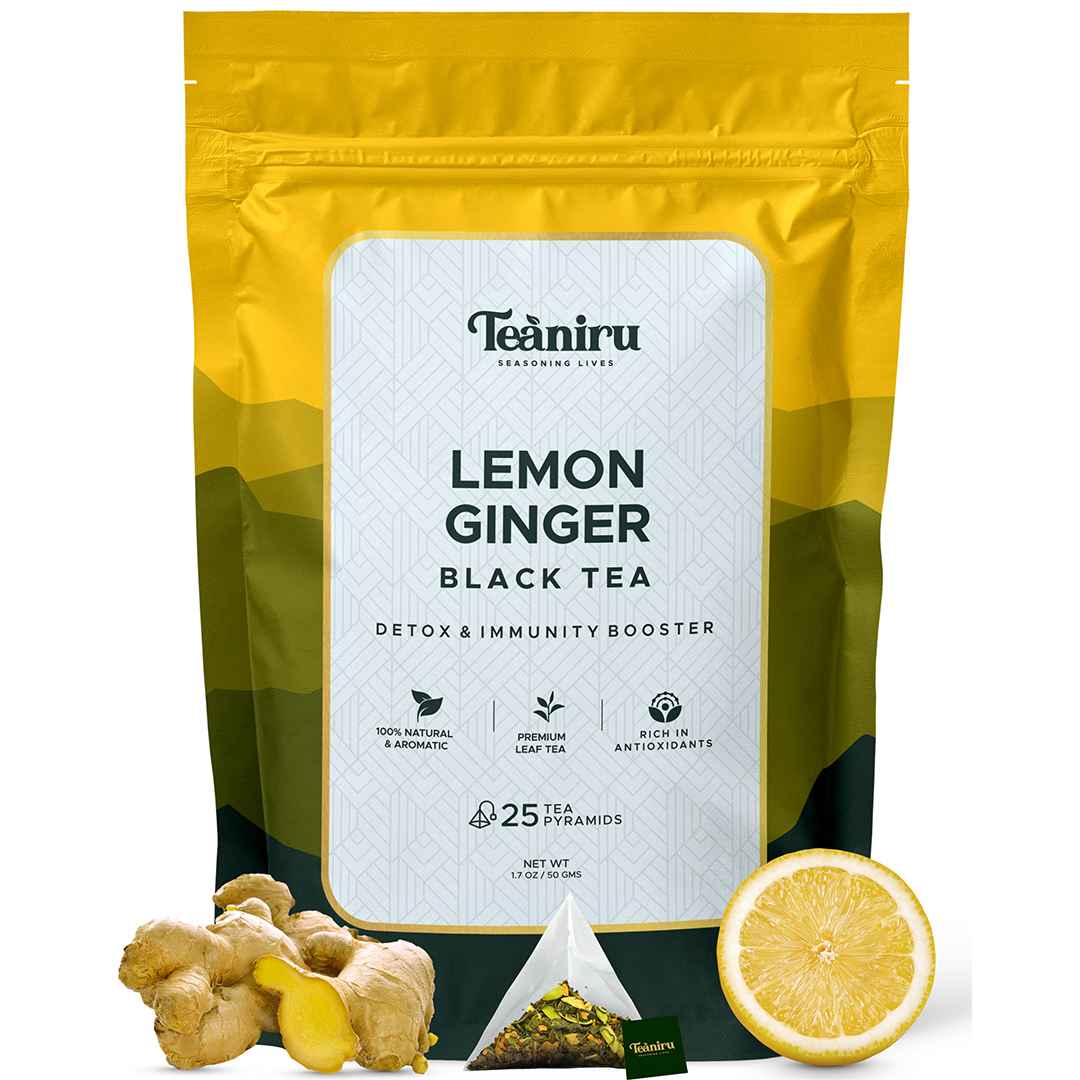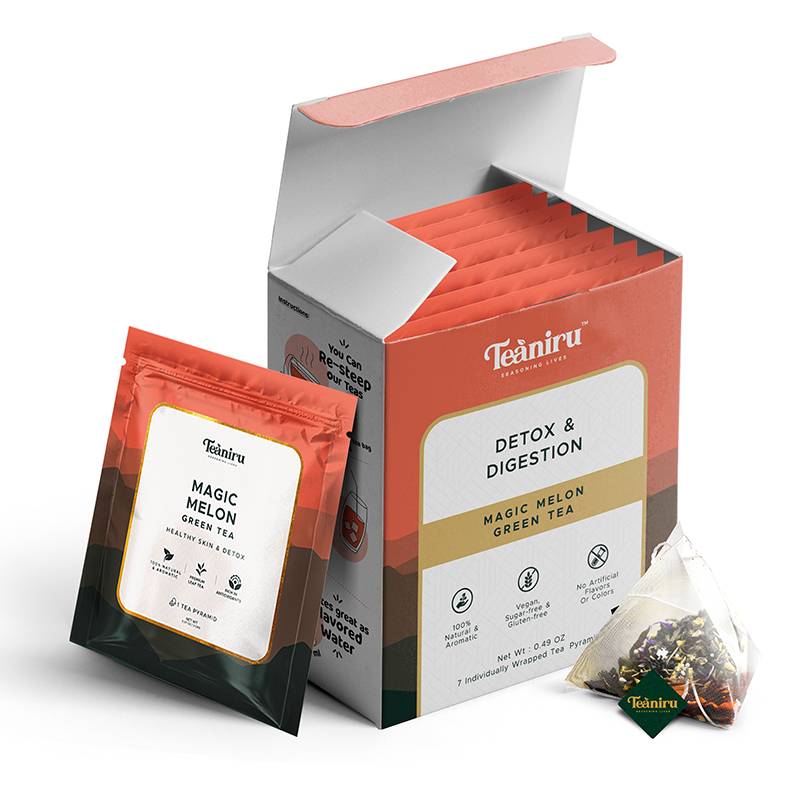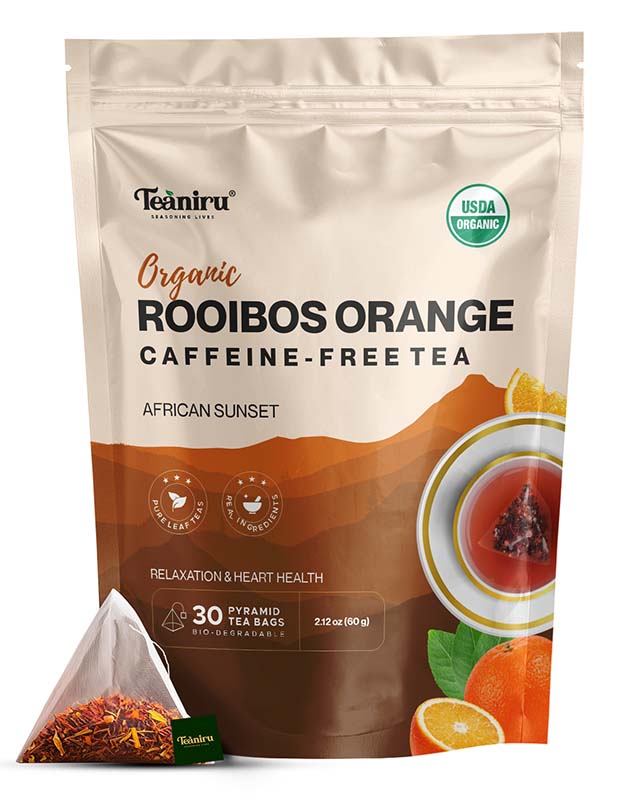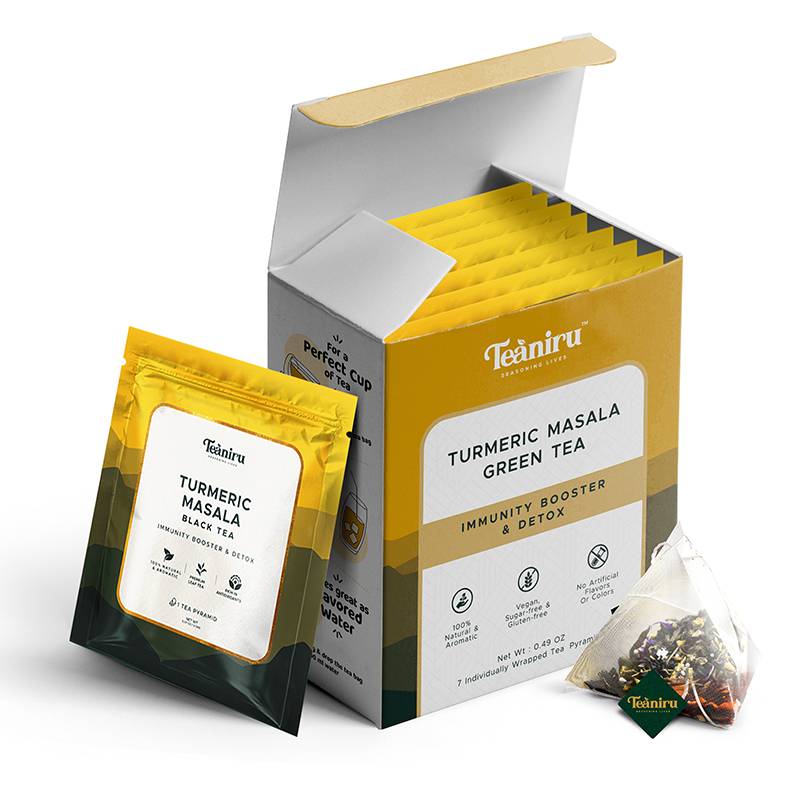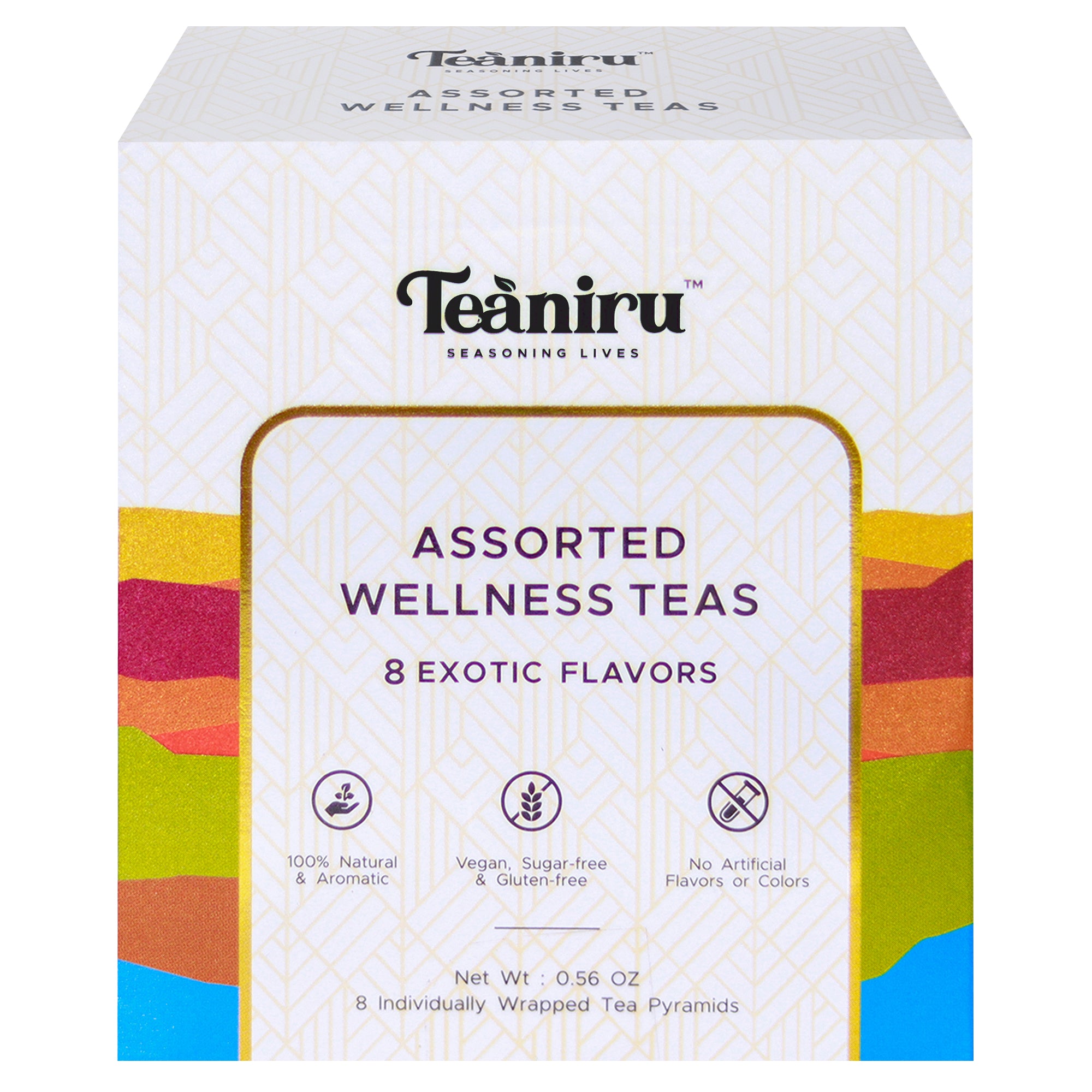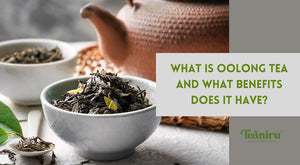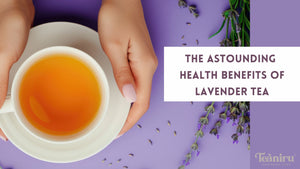You may also like
If you're a tea lover, you may have wondered whether your favorite black tea contains caffeine. The answer is yes, black tea does contain caffeine, and it's actually one of the main reasons why many people enjoy drinking it.
But what exactly is caffeine, and how much of it is in black tea? And are there any potential health benefits or risks associated with consuming caffeine through black tea?
In this blog post, we'll explore the answers to these questions and more, so you can make informed decisions about your tea consumption and enjoy your cup of black tea to the fullest.
Why one should consume caffeine?
Caffeine is a central nervous system stimulant that works by blocking the action of adenosine, a neurotransmitter that is involved in promoting sleep and suppressing arousal.
When adenosine is blocked, the levels of other neurotransmitters such as dopamine, norepinephrine, and acetylcholine increase, leading to improved mental alertness, focus, and energy levels.
Studies have found that caffeine can increase metabolism and enhance fat burning, improve physical performance and endurance, and even reduce the risk of certain chronic diseases such as Parkinson's disease, Alzheimer's disease, and liver cancer.
However, it's important to note that the effects of caffeine can vary widely depending on individual factors such as genetics, age, weight, and tolerance level. Some people may be more sensitive to caffeine's effects than others, and excessive consumption of caffeine can lead to negative side effects such as anxiety, jitteriness, and sleep disturbances.
How much is too much Caffeine?
The amount of caffeine that is considered "too much" can vary depending on individual factors such as age, body weight, and sensitivity to caffeine. However, the U.S. Food and Drug Administration (FDA) recommends that adults consume no more than 400 milligrams of caffeine per day, which is roughly equivalent to four 8-ounce cups of brewed coffee.
When it comes to black tea, the caffeine content can vary depending on factors such as the type of tea, how it was brewed, and the steeping time. On average, an 8-ounce cup of black tea contains around 47 milligrams of caffeine. However, the amount can range from 14 to 70 milligrams depending on the factors mentioned above.
Benefits of Black Tea caffeine
Did you know that the caffeine in black tea provides a number of potential health benefits?
From improving mental focus and physical performance to reducing the risk of chronic diseases, research has suggested that the caffeine in black tea may have a range of positive effects on the body and mind.
- Improved mental focus and alertness: Caffeine is a natural stimulant that can help you feel more awake, alert, and focused. This can be especially helpful when you're feeling tired or need to concentrate on a task.
- Increased energy levels: Caffeine can also give you a boost of energy, making it a popular choice for people who need to stay alert and productive throughout the day.
- Improved physical performance: Studies have found that caffeine can enhance physical performance by increasing endurance and reducing fatigue. This can be especially helpful for athletes or people who engage in regular physical activity.
- Increased metabolism and fat burning: Caffeine has been shown to increase metabolism and enhance fat burning, which can help with weight loss and weight management.
- Reduced risk of chronic diseases: Some research has found that regular consumption of caffeine may be associated with a reduced risk of chronic diseases such as Parkinson's disease, Alzheimer's disease, and liver cancer.
How Much Caffeine in One Black Tea Bag?
As mentioned before, the amount of caffeine in one black tea bag can vary depending on factors such as the type of tea, how it was brewed, and the steeping time, but on average it contains around 30 to 60 milligrams of caffeine.
Compared to high-caffeine content beverages, such as coffee, energy drinks, or some sodas, the caffeine content in one black tea bag is relatively low. For example, an 8-ounce cup of brewed coffee can contain anywhere from 95 to 165 milligrams of caffeine, while a typical 8-ounce serving of an energy drink can contain up to 80 milligrams of caffeine.
It's also important to remember that black tea contains other compounds, such as antioxidants and flavonoids, that may provide additional health benefits apart from the caffeine content.
So, while the caffeine content in one black tea bag may be relatively low compared to some high-caffeine beverages, it's still important to consume it in moderation and be aware of your individual tolerance level.
Does Black Tea Varieties Vary in caffeine content?
Noting that the caffeine content in black tea can vary depending on factors such as the specific brand of tea, the brewing method used, and the steeping time. The amounts listed in this table are approximate and can vary from one cup of tea to another.
|
Type of Black Tea |
Approximate Caffeine Content (per 8-ounce cup) |
|
Darjeeling |
40-70 mg |
|
Ceylon |
50-90 mg |
|
Assam |
60-90 mg |
|
Keemun |
25-50 mg |
|
English Breakfast |
30-60 mg |
|
Yunnan |
30-60 mg |
|
Earl Grey |
20-45 mg |
The Bottom Line
So there you have it - black tea does contain caffeine, but don't let that scare you off! In moderation, black tea can be a great way to enjoy a warm drink while potentially reaping some health benefits.
From improved mental focus and alertness to enhanced physical performance, the caffeine in black tea can provide a natural boost to your day. Plus, black tea contains other beneficial compounds like antioxidants and flavonoids, making it a smart choice for a well-balanced diet.
Just be sure to consume black tea in moderation and be aware of your individual tolerance level. So go ahead and enjoy a cup of black tea - your body and taste buds just might thank you!
